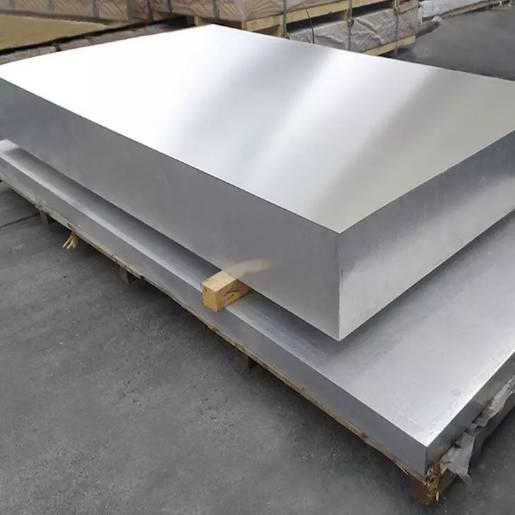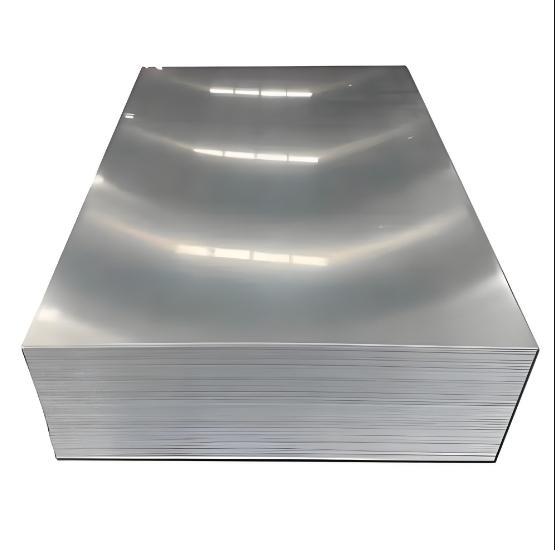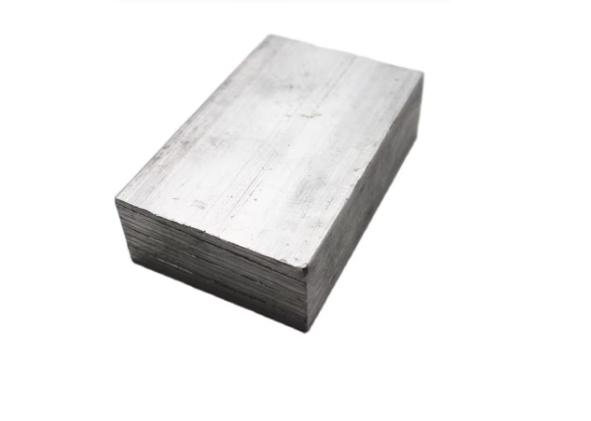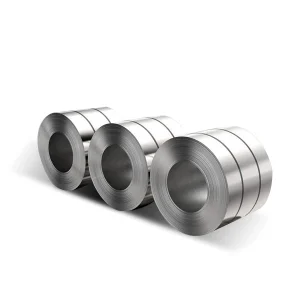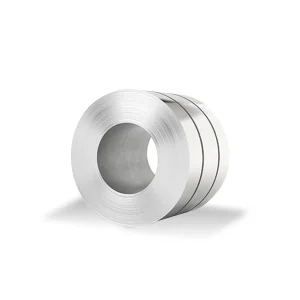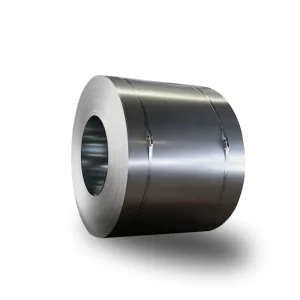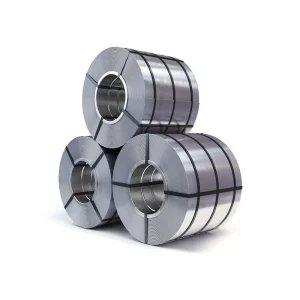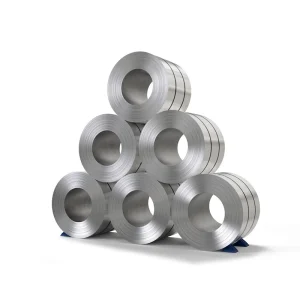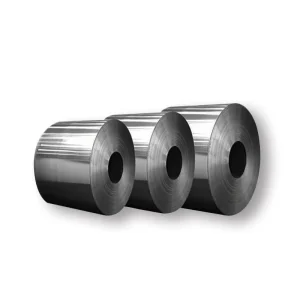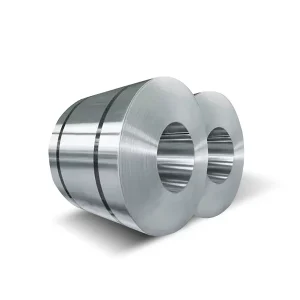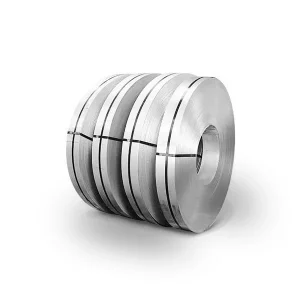Introduction
Are you searching for a lightweight yet durable material for your project? If so, the 7075-T651 aluminum plate might be exactly what you need. Known for its exceptional strength-to-weight ratio, this alloy is widely used in aerospace, automotive, and sporting equipment. In this comprehensive guide, I will explore everything about 7075-T651 aluminum plate, including its properties, advantages, and how to select the right type for your needs.
Understanding the ins and outs of 7075-T651 aluminum plate can make a huge difference in your project’s success. From real-world applications to technical specifications, I’ll cover it all. Let’s dive in!
What Is a 7075-T651 Aluminum Plate?
Definition and Basic Characteristics
A 7075-T651 aluminum plate is a high-strength aluminum alloy with a temper designation of T651, indicating it has been solution heat-treated, stress-relieved by stretching, and artificially aged. This process enhances its mechanical properties, making it ideal for demanding applications.
Problem:
Many engineers struggle to find a material that balances weight, strength, and corrosion resistance.
Solution:
The 7075-T651 aluminum plate offers an excellent combination of these features, making it a top choice for critical structural components.
Case:
In my experience working with aerospace components, switching to 7075-T651 aluminum plate improved load-bearing capacity while reducing weight significantly.
Key Properties and Advantages of 7075-T651 Aluminum Plate
1. Superior Strength and Hardness
The 7075-T651 aluminum plate boasts tensile strength up to 83,000 psi, making it one of the strongest aluminum alloys available. Its hardness also makes it resistant to wear and deformation.
2. Excellent Fatigue Resistance
This alloy performs well under cyclic loads, which is crucial in aerospace and automotive applications. Its fatigue strength is significantly higher than many other aluminum grades.
3. Good Corrosion Resistance
While not as corrosion-resistant as 6061, the 7075-T651 aluminum plate still offers decent resistance, especially when properly coated or anodized.
Transition:
However, understanding the differences between different aluminum alloys can help you make better choices.
4. High Machinability
Machining 7075-T651 aluminum plate is straightforward, allowing for precise fabrication of complex parts.
5. Cost Considerations
Though more expensive than 6061, the performance benefits often justify the cost in high-stress environments.
Data Point:
According to a recent report, the global market demand for 7075-T651 aluminum plate is expected to grow at a CAGR of 6% over the next five years ([Source: MarketWatch, 2023]).
Comparing 7075-T651 Aluminum Plate with Other Aluminum Alloys
| Feature | 7075-T651 Aluminum Plate | 6061 Aluminum Plate | 2024 Aluminum Plate |
|---|---|---|---|
| Tensile Strength | Up to 83,000 psi | 45,000 psi | 78,000 psi |
| Corrosion Resistance | Moderate | Good | Moderate |
| Machinability | Excellent | Good | Good |
| Cost | High | Lower | Higher |
| Typical Use | Aerospace, racing | Structural, marine | Aircraft, military |
Analysis:
While 7075-T651 aluminum plate is pricier, its high strength makes it suitable for critical applications. Conversely, 6061 offers better corrosion resistance and affordability for less demanding projects.
How to Choose the Right 7075-T651 Aluminum Plate
Step 1: Determine Your Mechanical Requirements
Identify the load, stress, and fatigue factors for your project.
Step 2: Consider Environmental Factors
If exposure to moisture is high, consider protective coatings or anodizing.
Step 3: Verify Material Certifications
Ensure the 7075-T651 aluminum plate meets industry standards like ASTM B209 or AMS 4027.
Step 4: Decide on Thickness and Size
Calculate the necessary dimensions based on your design specifications.
Step 5: Select a Reputable Supplier
Partner with suppliers known for quality and consistency in 7075-T651 aluminum plate.
Common Mistakes and ⚠️ Warnings When Using 7075-T651 Aluminum Plate
⚠️ ⚠️ Beware of these pitfalls:
- Choosing 7075-T651 aluminum plate solely based on price without verifying quality.
- Ignoring environmental conditions that may accelerate corrosion.
- Using incompatible fasteners or coatings that damage the alloy.
- Overlooking proper machining techniques, leading to cracks or warping.
- Failing to inspect the material before fabrication.
Tip: Always request test reports and certifications to confirm alloy quality.
Personal Experience with 7075-T651 Aluminum Plate
I once worked on a drone frame project where weight and strength were critical. Switching to 7075-T651 aluminum plate dramatically improved the durability and performance of the drone. The high tensile strength allowed for thinner walls, reducing overall weight by 15%. This experience truly highlighted the value of selecting the right material for demanding applications.
Step-by-Step Guide to Working with 7075-T651 Aluminum Plate
- Assess Your Design Requirements:
Determine load capacity, dimensions, and environmental conditions. - Choose the Correct Thickness and Size:
Based on your calculations, select the appropriate dimensions. - Order from a Certified Supplier:
Ensure the 7075-T651 aluminum plate meets relevant standards. - Prepare Your Workspace:
Set up proper tools for cutting, drilling, or welding. - Fabricate with Care:
Use appropriate techniques to avoid cracking or warping. - Apply Protective Coatings:
Consider anodizing or painting for corrosion resistance. - Perform Quality Checks:
Inspect dimensions, surface finish, and test for defects.
Common Pitfalls to Avoid
⚠️ ⚠️ Note:
- Overestimating the alloy’s corrosion resistance without proper coating.
- Using excessive heat during welding, which can weaken the material.
- Ignoring the importance of proper storage to prevent surface oxidation.
- Rushing fabrication without thorough inspection.
- Not accounting for thermal expansion during design.
Practical 7075-T651 Aluminum Plate Inspection Checklist
- Confirm alloy certification and standards compliance.
- Check dimensions against specifications.
- Inspect surface finish for cracks or corrosion.
- Verify mechanical properties through testing if necessary.
- Ensure proper storage conditions before use.
- Confirm coating or anodizing process if applicable.
- Document all inspections and test results.
Conclusion: Why 7075-T651 Aluminum Plate Is the Material of Choice
In conclusion, 7075-T651 aluminum plate offers unmatched strength, excellent machinability, and good fatigue resistance. Its applications in aerospace, automotive, and sporting goods make it a versatile and reliable choice. While it may come at a higher cost, the performance benefits often outweigh the expense.
Choosing the right supplier and understanding the material’s properties are crucial steps toward successful projects. For high-quality 7075-T651 aluminum plate, consider trusted manufacturers with proven track records.
Remember: Proper handling, fabrication, and inspection ensure you maximize the benefits of this exceptional alloy.


